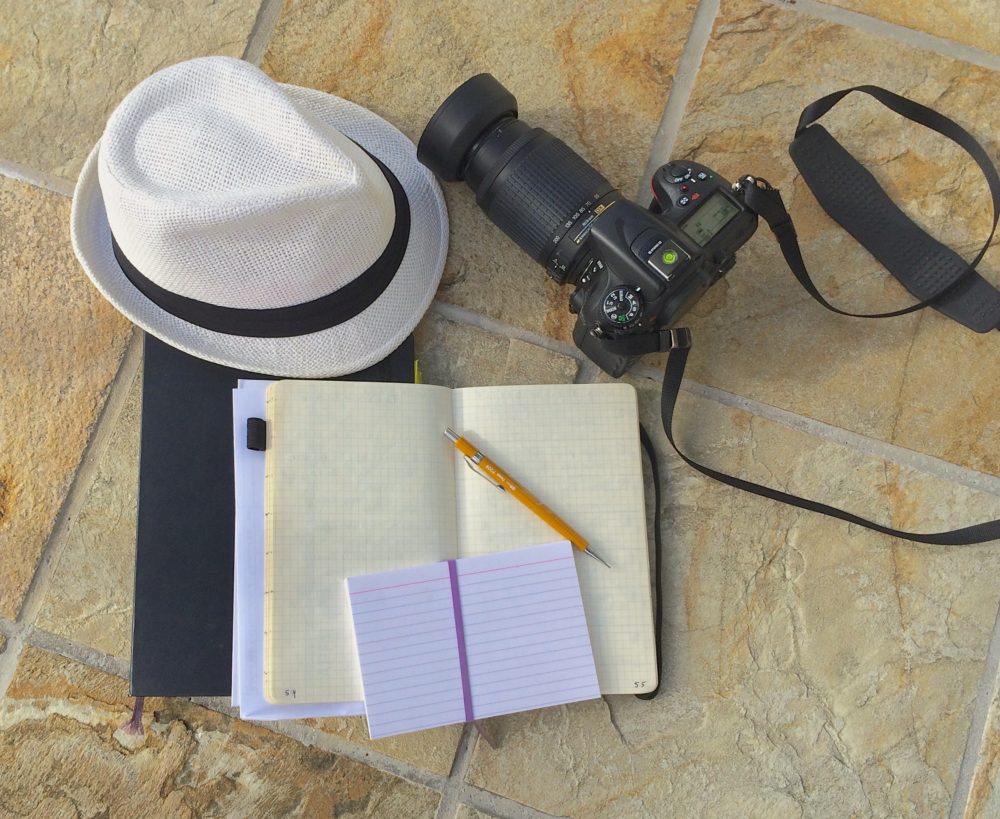 How do you get back to writing after a long break? I’ve had to take a break from the blog and my current work in progress because I had two sets of edits that came in and I had to attend to those edits. It’s going to be at least another three weeks before I can get back to it. This is not the first time I’ve had to take long breaks in working on projects because of project conflicts, family events, life, events, or my own state of mind. I have developed a system for how to get back to where you were when you’ve had to put a story aside for a while.
How do you get back to writing after a long break? I’ve had to take a break from the blog and my current work in progress because I had two sets of edits that came in and I had to attend to those edits. It’s going to be at least another three weeks before I can get back to it. This is not the first time I’ve had to take long breaks in working on projects because of project conflicts, family events, life, events, or my own state of mind. I have developed a system for how to get back to where you were when you’ve had to put a story aside for a while.
It’s hard to pick up the threads of your story when you are a pantser or a discovery draft writer. The techniques work well for people who don’t work from a detailed outline because sometimes you’ll be writing along and you have taken a detour. Your characters have gone off script, and suddenly you’re not sure where your story is going and you need to get back to the initial thread. These techniques are handy for those times when brain fog is dense and you don’t even know where you are in the story or what you’re doing and you feel lost in your own manuscript.
When you’ve wandered into the weeds one of the first things things you can do when you find yourself in that situation or when you to come back to some thing after having not written or worked on it for for weeks or months is to read through your pre-writing, and by that I mean story notes, character worksheets, notebook scribbles, etc, that you created before you started your project.
Then read through what you’ve written so far and create a reverse outline. A reverse outline is based on what you’ve written. It offers an opportunity to compare the scenes you’ve written with your initial plan.
It also serves as a reminder of what you’ve already accomplished. If you’ve just started something, and you’ve only written a chapter or two just read those couple of chapters. Some people suggest simply reading the previous chapter or the previous couple of pages of your manuscript. This doesn’t work for me because I don’t work from detailed outline. I work from a scene list and if you also work that way a reverse outline will to show you where you’ve gone off script.
The other thing you can do, if you feel overwhelmed, or if you don’t want to invest the time reverse outlining takes is to just start writing. Get yourself geared up to sit down at your desk, open your document or your notebook or legal pad or however you write and just start writing again.
Embrace the attitude that you can fix any problems in revisions. It does work, but you should plan on taking a bit more time in revisions to make sure you’ve fix any plot holes and that your story structure is sound.
Not all writing breaks are bad, sometimes If you need to take a break from writing because you’ve written yourself into a corner or your bored with your story or you need to take a mental health break. You’ll be less stressed about not writing if you know there are ways to find your way back to the story. Trust yourself to get back to work.
Sometimes people take breaks is because of what I call shiny new idea syndrome. Shiny new idea syndrome occurs most often when you get to the hard part of the manuscript and you’re like “oh I can’t do this anymore. I don’t know where I’m going. I’m in the soggy middle and why the f$@k did I ever start this book? I hate it.”
So you put your manuscript aside and you start working on the next shiny thing. The hard truth about this is that the next shiny thing will also get to a hard, sticky part. My recommendation to you is if you stopped writing something because it became hard to write, is to put it aside for a while. Take that break. Use it to refuel yourself, to fill your creative well so you can get your brain and your emotions in a place where you can work.
But for the love of all that is good do not start something new while on your break if you already have a pile of unfinished manuscripts. It’s fine to make notes or sketch some ideas down. Collect your ideas in a next shiny thing notebook if you’ve got one of those. Or a document, or whatever way your have to keep track of ideas. I keep a notebook next to my computer so I can write all those ideas down as the bubble up.
Those ideas call to me like sirens, and in order to keep myself from crashing on the rocks of unfinished works, I promise myself that I will start the new shiny thing that once I am finished my current project.
My best advice is to if you can help it at all is to to not quit in the middle of a project. To be clear, a pause to attend to other writing business is not the same as abandoning a project. Another hard truth is nothing ever gets easier as you write. In fact, as you get towards the end of the story, trying to tie all the loose threads together and create a satisfying conclusion it is sometimes is exhausting.
Writing is not easy. Giving people access your imaginary friends and their world, exposing your imagination can be excruciating. More so if you’re writing a difficult scene or a difficult topic or when you’re writing middle the of the story arc when you’re torturing your characters so they apprentice their happy ending.
All of that can be really hard to write, but don’t quit. Take a break, and when you come back to your project, try these techniques to get back to where you were. Or just start again and that’s fine too.
A final word about why folks quit on their manuscripts. Folks quit all the time because they give up, decide writing is not worth the struggle. And then they beat themselves up about their decision.
I can’t tell you if it’s worth it or not for you. I know for me, at this point in time even with the advent and rise of all the AI chat programs that will write stories for you and people bragging that they wrote books with it, and all the stress that the discussion has generated, nothing is ever going to beat a homegrown honest to goodness human creation, because no matter how well we teach the machines they will never truly be us.
Regurgitated rehashed content is not the same as original human stories. People will tell you there are no new stories. And that may be true but no one else out there can tell a story the way that you can tell a story. So please don’t quit for good. Give yourself a break if you need one. Be kind to yourself and others always.
When you go to get back to your project either jump right back into it and worry about fixing it later, or wade in slowly with a reverse outline. Be brave. Have confidence you actually can finish your writing project. I believe in you. Until next time keep writing.
